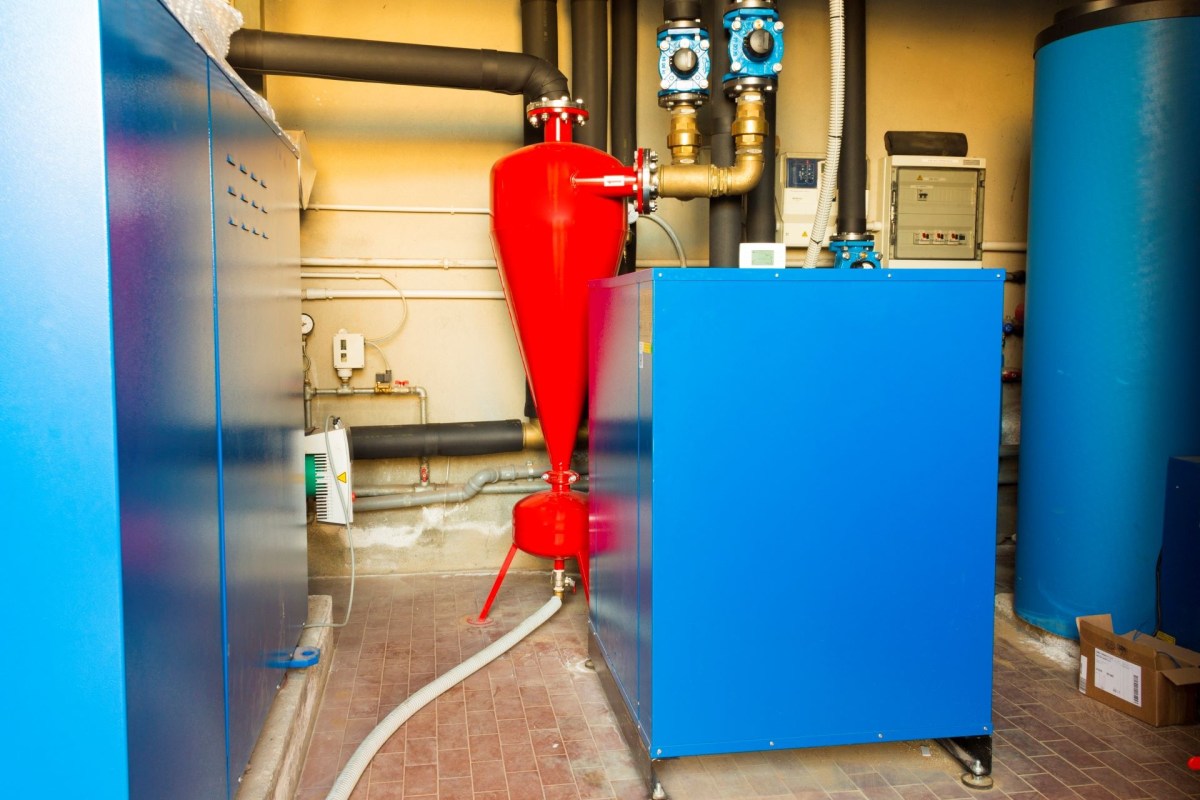If your radiator is on the fritz or you're tired of paying a high energy bill every month, you might be looking for a new way to heat your house.
And since the Inflation Reduction Act (IRA) passed, tons of Americans will be able to get hundreds or thousands of dollars in tax credits when they upgrade their heating or cooling systems. Perhaps the most lucrative upgrade to your home heating, in terms of credits and energy savings, is a technology whose use dates back to the 1940s: the geothermal heat pump.
What is a geothermal heat pump?
A geothermal heat pump — commonly called a ground-source heat pump — is a heating and cooling system that can use the Earth's natural heat to regulate the temperature of a building.
Several feet underneath your home, the temperature of the ground is relatively constant, no matter the season.
When it's hot during the summer, the geothermal heat pump transfers heat from your home into the ground. When it's winter, it transfers heat from the ground back into your home.
Basically, a geothermal system moves heat around rather than burning a dirty energy source to create it. This process is three to five times more efficient than traditional heating and cooling systems that rely on dirtier methods, according to the electrification nonprofit Rewiring America.
Because of this system's excellent efficiency, you can expect to pay way less on your heating and cooling bills. Data from the EPA indicate that if you use a geothermal heat pump for heating and cooling, you can save about $1,500 a year, according to the renewable energy company Geotherm.
How is a geothermal heat pump different from other heat pumps?
Another common type of heat pump is the air-source heat pump, which utilizes the outside air, instead of the earth, to exchange heat.
Another critical difference between air-source heat pumps and geothermal heat pumps is that the latter is more efficient and has a longer lifespan. Rewiring America reports that a ground-source heat pump can last for up to 50 years on average.
How much do geothermal heat pumps cost?
The upfront cost of a geothermal heat pump varies depending on the size of the home, its location, and the exact type of system. Generally, the price of a geothermal heat pump is higher than the price of a traditional heating and cooling system. However, the long-term savings on energy costs can compensate for the initial cost, especially when considering the savings from the IRA.
Rewiring America estimates that installing a geothermal heat pump costs, on average, about $24,000. Luckily, you can get up to a 30% tax credit through the IRA for qualifying heat pumps, which would make the average price closer to $16,800.
And if you do save $1,500 a year on home energy costs, it would take you about 11 years to break even. After that, every $1,500 in annual savings is just gravy.
Join our free newsletter for easy tips to save more, waste less, and help yourself while helping the planet.









